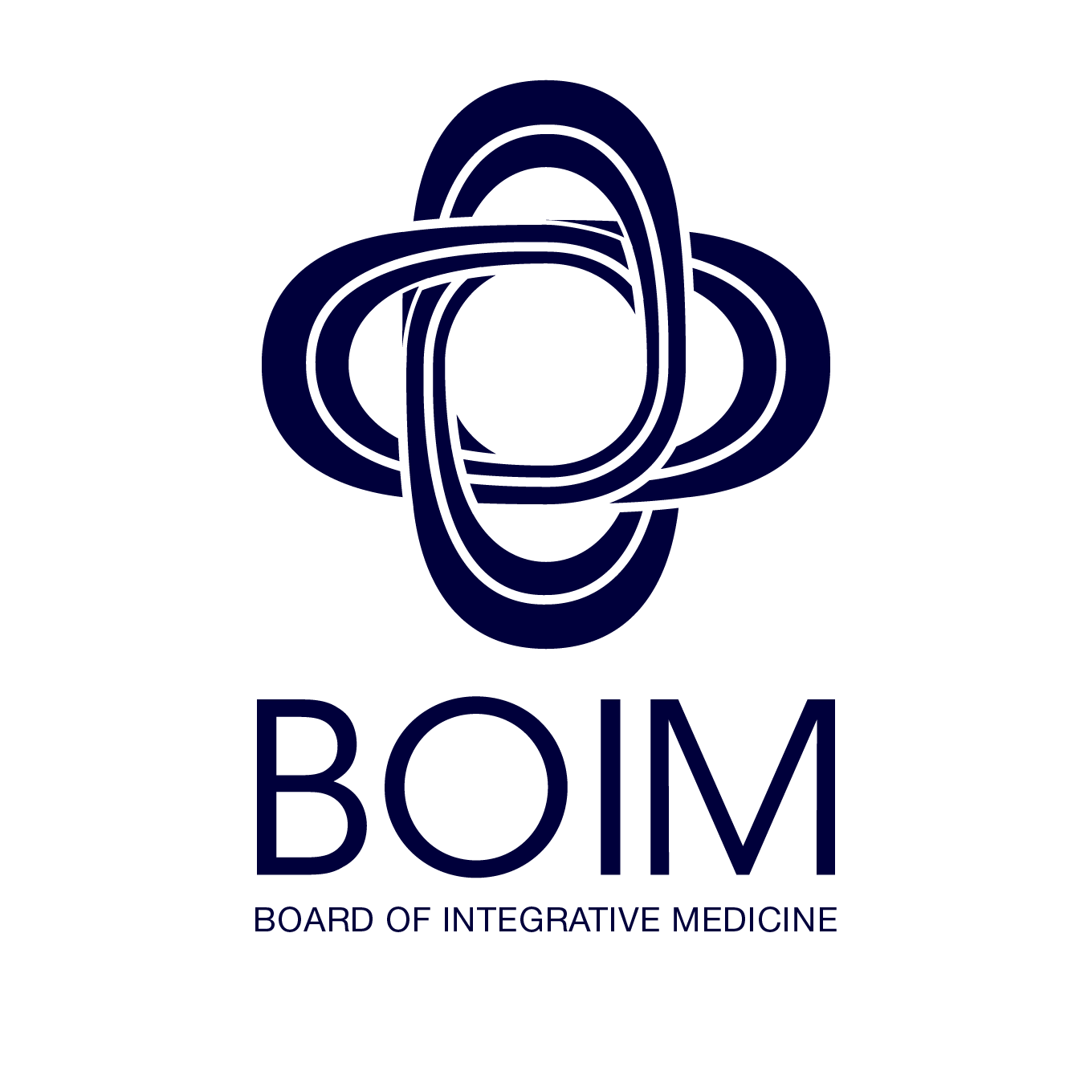CERTIFICATION
Certification is a statement or declaration that one has completed a course of study, passed an examination, or otherwise met specified criteria for certification in Integrative Medicine
Application for certification is a voluntary act entered into by practitioners who choose to incorporate integrative medicine principles into their practices. The certification enables practitioners to obtain a credential, which attests to their knowledge in the field and affords them the recognition of having met an identified peer-developed standard of achievement.

BENEFITS OF CERTIFICATION
Recognition throughout North America and accreditation in the United States and Canada.
Certification as an IMD (integrative Medicine Doctor/Doctor of Integrative Medicine) and IMP (Integrative Medicine Practitioner), Integrative Health Coach (IHC) are recognized as meeting the standards in Traditional, Natural Medicine and Integrative Medicine education as established by the World Organization of Natural Medicine (WONM).
Prestige of belonging to a vanguard organization that is composed of highly trained, qualified professionals with strong ethical principles.
Opportunity to participate in Clinic for Humanity programs.
Professional Continuing education workshops and Seminars.
Regional Congresses and symposiums worldwide.
Doctoral (PhD) research and fellowship programs.
Protective umbrella for licensed healthcare professional- for extending your practice.
North American Journal of Integrative Medicine- NAJIM©
Eligibility for special group rate on malpractice insurance.
Eligibility for reimbursement of service fee by certain major insurance companies.
REGISTRATION
Registration is similar to certification but can also be granted under state or provincial governmental organizations.American Dietitians, for example, are registered in most states.The registering organization, the American Dietetic Association,is a private group but in Canada the College of Dietetic is a government licensing organization.
-
Licensing presumes that an activity is forbidden until it is permitted through a license. Certification presumes that an activity is permitted by right. It presumes a right to work. This means that one is not automatically provided with a job. Rather it means that one cannot be denied the opportunity to seek work.
-
Licensing increases the power of the government and their powers to decide who to consult for services shifts from the consumer to a government licensing board. By the same degree to which it empowers the government, licensing decreases the power of the individual consumer. Certification empowers the consumer, not the government.
-
Licensing restricts entry into a particular field of activity. Certification does not restrict entry at all. It merely informs and distinguishes those who have completed courses or examinations pertaining to a field of work.
-
Licensing provides a method of strict control of the behavior of those in a particular field of activity. If the licensees do not follow prescribed rules, they risk loss of the ability to work at all. Certification may be used for control, however, it is more flexible. If those who are certified do not follow certain rules, certification may be withdrawn. However, they may still practice their trade, albeit without certification.
NOTE: The Boards of integrative Medicine is not licensing organizations but certificating organization which uphold standards as established by the World Organization of Natural Medicine for Natural Medicine and Integrative Medicine profession.
REGULATION
Professions whose scopes of practice pose risk of harm need regulation from government.
Non-regulated professions are not registered under the government established regulatory bodies but are instead must be represented by certifying boards or professional association that upholds standards. Certification under a certifying organization provides the consumer with more information about a practitioner. It also gives practitioners a way to increase their competency through a course of study and exams and professional development and to advertise or inform others of their competencies.
Insurance companies will provide professional liability insurance or reimbursement for member’s services to practitioners who are certified and are members in good standing of a certifying board or a credible professional association.
Potential members must demonstrate that they have attained specific standards of competency to assure the public that they have met the educational, ethical and upgrading standards of the certifying body to which they are accountable.
"Doctor “Medical Doctor “MD”, is Trade Marked protected title of the allopathic medical community, “Allopathic Medicine” all systems of medicine which use drugs (patented and synthetic medicine) and surgery. It is contrary to the concepts of natural/ Integrative medicine for a practitioner to give any impression that he or she is an allopathic “Medical Doctor “MD”, without evidence of a license to practice allopathic medicine “Medical Doctor “MD” .
